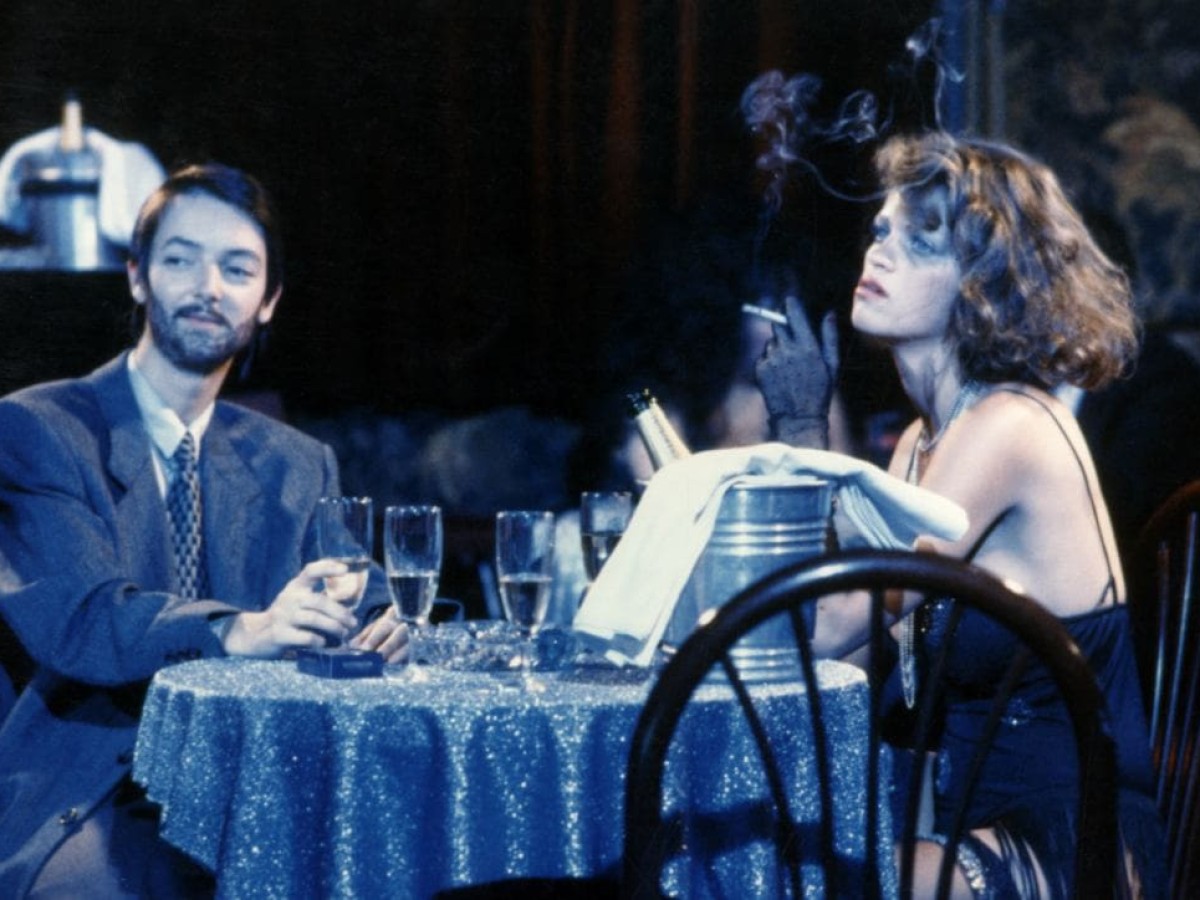Conversations with Women Film Pioneers:
Gerda Fritz
October 15, 2025
This is a series of talks about the lives and work of women film pioneers from all branches of the industry who have left their mark on Austrian film, but due to the lack of an ongoing canonization need to be discovered again and again. Their conversation partners are filmmakers from the next generation or the generation after.
Producer Gerda Fritz
After spending her childhood in the Waldviertel, Gerda Fritz came to Vienna as a teenager, did her diploma at the Handelsakademie (Vienna Business School), and conquered the city. She began a career in 1964 as a secretary for Neue Thalia Film, and worked at Atelier Sievering as well as Rosenhügel Studios. In 1980, she became a managing director in the field of film and TV production. As a producer, she was responsible for many projects, such as Axel Corti's Herrenjahre (1983) and his two-part Eine blassblaue Frauenschrift (1984). Fritz always supported young talents, producing, for example, Mirjam Unger's debut feature Ternitz, Tennessee (2000). Her catalog also includes films by women directors who have already been guests in this series, including Eine Minute Dunkel macht uns nicht blind (1987, Susanne Zanke) and parts 4 and 5 of Käthe Kratz's series Lebenslinien (1986–88). In 2004, Fritz received the Cross of Honor for Science and Art; her productions have been awarded many prizes.
After the screening of the film Die Nachtmeerfahrt (1986, Kitty Kino), Claudia Wohlgenannt and Julia Pühringer will talk with Gerda Fritz.
This is a series of talks about the lives and work of women film pioneers from all branches of the industry who have left their mark on Austrian film, but due to the lack of an ongoing canonization need to be discovered again and again. Their conversation partners are filmmakers from the next generation or the generation after.
Producer Gerda Fritz
After spending her childhood in the Waldviertel, Gerda Fritz came to Vienna as a teenager, did her diploma at the Handelsakademie (Vienna Business School), and conquered the city. She began a career in 1964 as a secretary for Neue Thalia Film, and worked at Atelier Sievering as well as Rosenhügel Studios. In 1980, she became a managing director in the field of film and TV production. As a producer, she was responsible for many projects, such as Axel Corti's Herrenjahre (1983) and his two-part Eine blassblaue Frauenschrift (1984). Fritz always supported young talents, producing, for example, Mirjam Unger's debut feature Ternitz, Tennessee (2000). Her catalog also includes films by women directors who have already been guests in this series, including Eine Minute Dunkel macht uns nicht blind (1987, Susanne Zanke) and parts 4 and 5 of Käthe Kratz's series Lebenslinien (1986–88). In 2004, Fritz received the Cross of Honor for Science and Art; her productions have been awarded many prizes.
After the screening of the film Die Nachtmeerfahrt (1986, Kitty Kino), Claudia Wohlgenannt and Julia Pühringer will talk with Gerda Fritz.
Idea: Julia Pühringer. Concept and realization: Julia Pühringer and Wilbirg Brainin-Donnenberg
In collaboration with the Vienna Chamber of Labor
Related materials
Photos 2025 - Gerda Fritz

